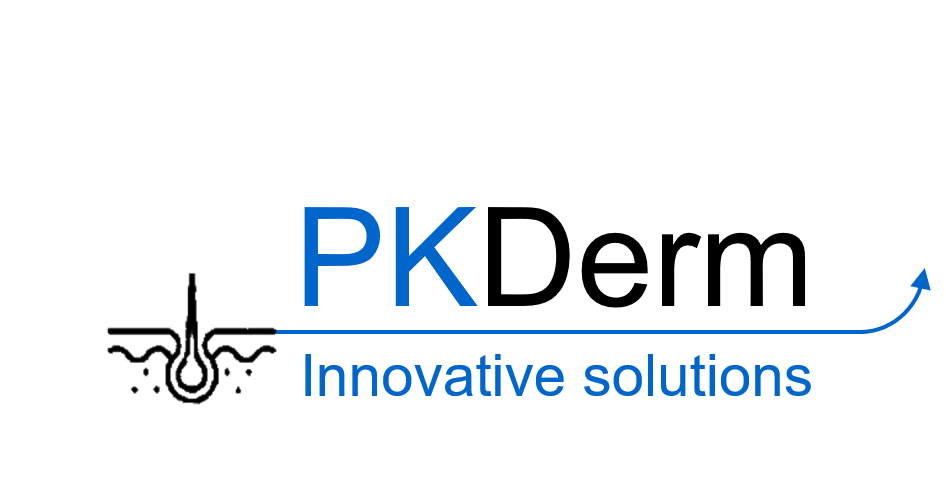
Annamaria Carusi (PhD) is a consultant and researcher focusing on the social and institutional aspects of science systems, using research to inform science management and policy. She specialises in all forms of cross-disciplinarity in the biomedical and life sciences. She is Director of Inter-Change Research, External Advisor at Stonehaven Consulting, and Honorary Research Associate in the Department of Science and Technology Studies at University College London. Over the past two years, she has led research on the Adverse Outcome Pathway Framework Study.
Annamaria’s background is in philosophy and sociology of science and technology. Before setting up Inter-Change Research, she was Reader in Medical Humanities at the University of Sheffield, and she has held academic positions in a wide variety of contexts in the UK, Denmark and South Africa.
OpenTox Virtual Conference 2020 Session 12: Adverse Outcome Pathways
Building trust in chemicals regulation
Presenting author: Annamaria Carusi
The AOP Framework Study aimed to study key stakeholders’ perceptions of the main challenges facing chemicals regulation. The study, conducted through a survey, focus groups and interviews, points to two over-riding themes in the overall domain of chemicals regulation: firstly, the lack of consensus that characterises the domain with respect to the science of regulatory toxicology; secondly, the lack of trust that frequently marks interactions between the different sectors. These two themes, one scientific and the other social, are very closely inter-related.
This presentation describes the challenges, strategies and practices spoken about by participants in the study. Topics include perceptions of the main challenges facing chemicals regulation overall, and non-animal methods in particular; and the benefits and challenges of the AOP Framework and Knowledge Base. The Framework emerges as a powerful tool for
knowledge management and integration, which also has the potential to contribute positively to providing an environment in which productive discussions can take place despite very different perspectives, and in in which trust can be built. A number of recommendations are made regarding how the AOP Framework can be developed in order to fulfil a broader mediating role between different approaches to chemicals regulation, alongside it’s role as knowledge integrator. The primary recommendation is to deploy a user-centric development approach, which ensures that current and potential user expectations and needs are taken into consideration at every step of ongoing development. Further features would enable the AOP Framework Knowledge Base to act as a common space for producing shared understandings of the different approaches and perspectives, through facilitating comparisons and bridging between different methods and studies. In this way, the AOP Framework has a valuable role to play in addressing the lack of collaboration and dialogue across sectors that marks the regulatory domain, and may be a way of supporting greater consensus and trust.


